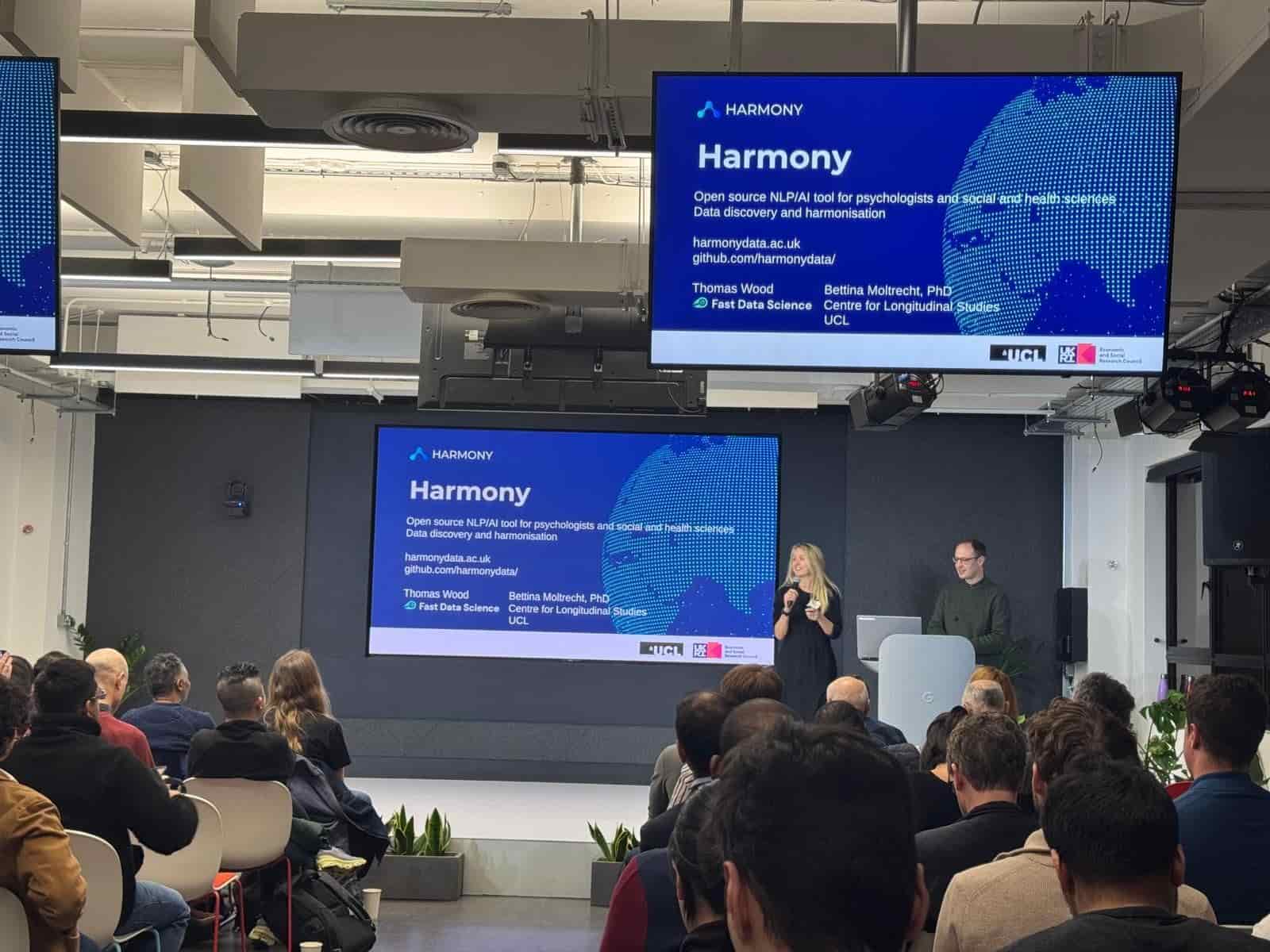
Above: video of the AICamp meetup in London on 10 December 2024. Harmony starts at 40:00 - the first talk is by Connor Leahy of Conjecture
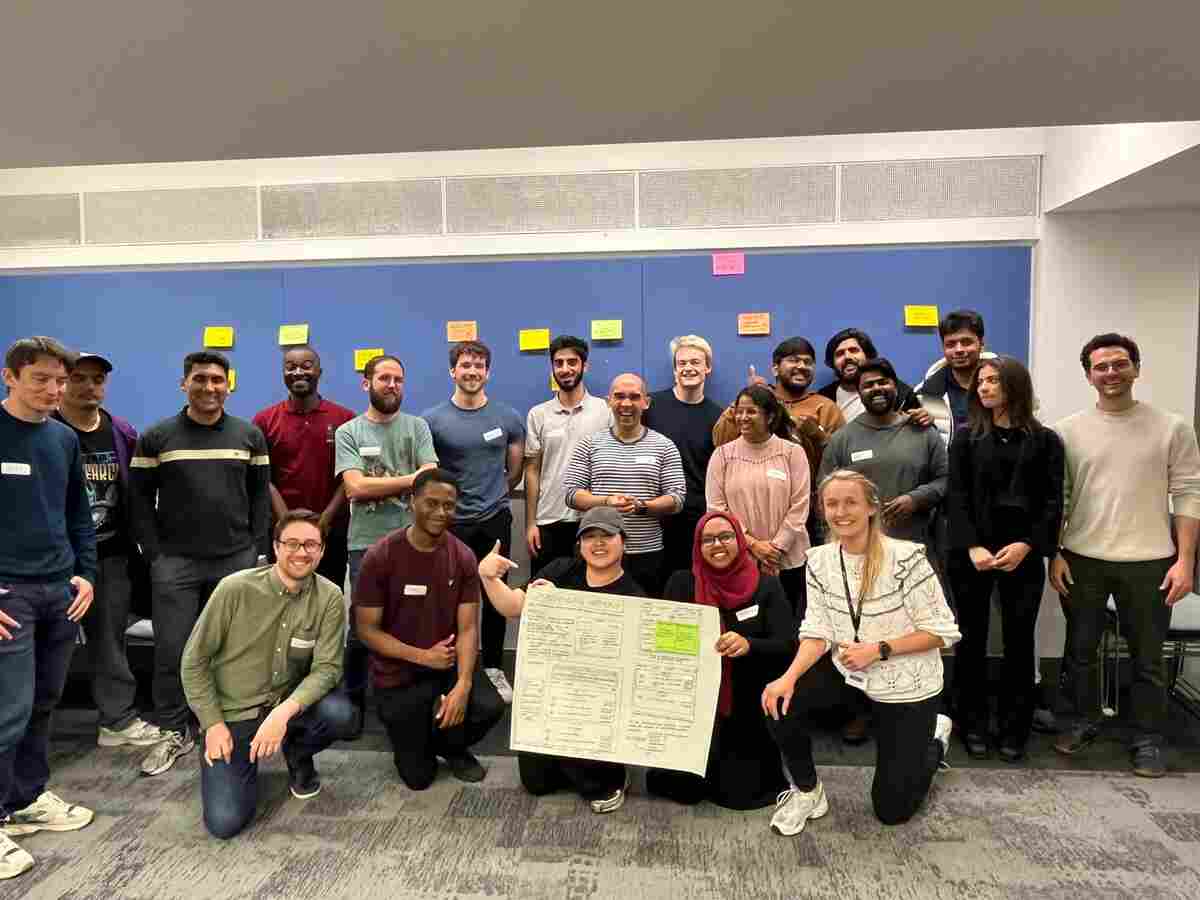
Image above: the winning teams and participants in the Harmony AI hackathon on 3 June 2024 AI Hackathons: A Playground for Innovation What is an AI hackathon? A hackathon is an event that may last for a day or several days where people collaborate to solve a problem. The word “hackathon” is a portmanteau of “hack” and “marathon”. The first hackathon was held in 1999 by OpenBSD in Calgary, Canada[1]. Initially, hackathons were used for software development problems, but now organisations are running hackathons for a much more eclectic range of tasks, such as planning the marketing strategy of a nonprofit, and now there are AI hackathons.

Transforming data management with Harmony: A hands-on introduction Fast Data Science is excited to be partnering with UK Data Service to deliver a practical workshop on how to best use Harmony for analysing data in the social sciences.
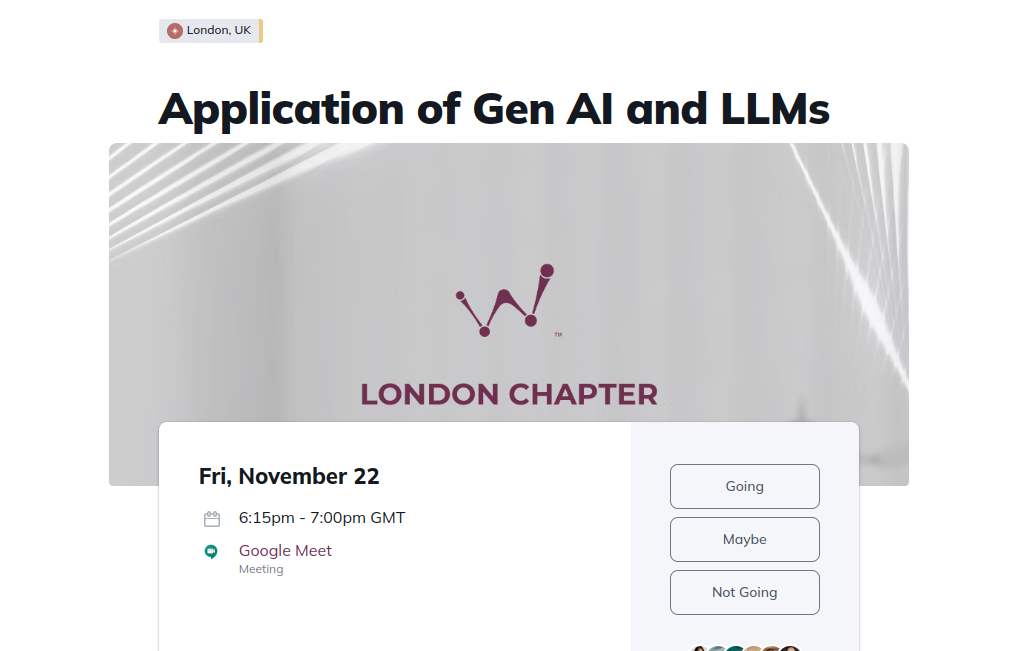
Harmony at Women In Data™️ London Chapter (online event) On 22 November, Thomas Wood of Fast Data Science presented Harmony at Women In Data™️ London Chapter’s event on Application of Generative AI and LLMs. Thomas Wood demonstrated Harmony and how it uses Gen AI.
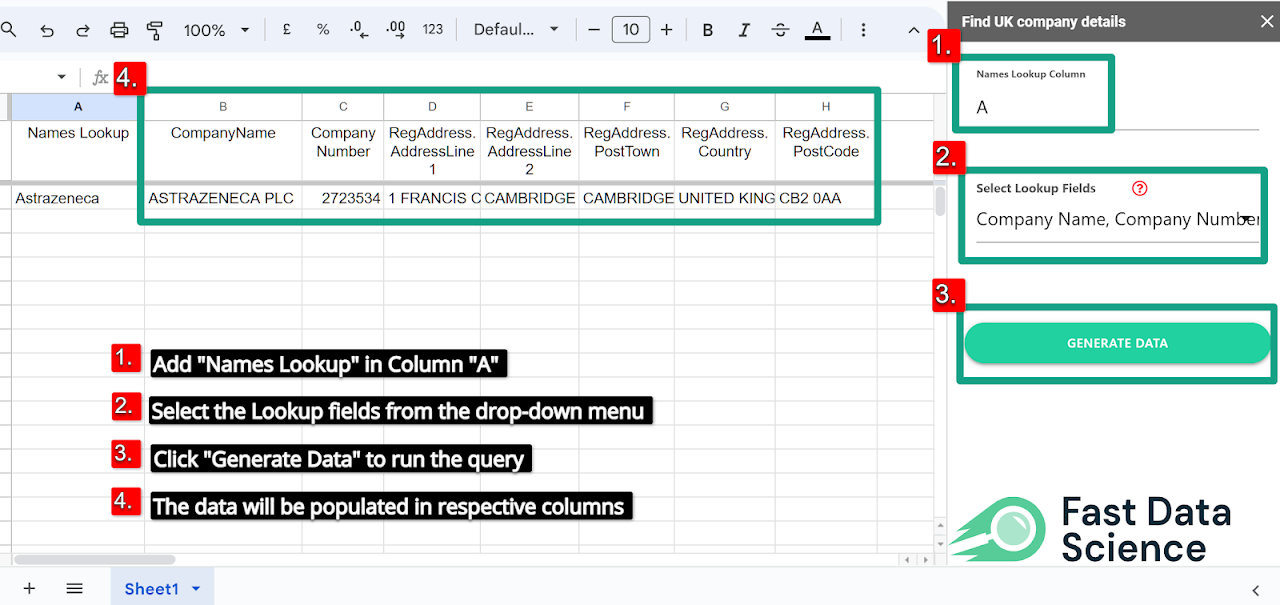
How to look up UK company data from company names (video) Imagine you have a clients list, suppliers list, or investment portfolio…
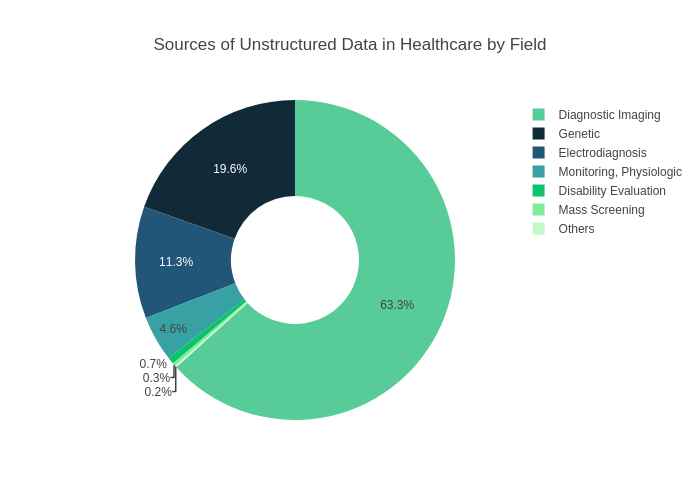
Unstructured Data in Healthcare with NLP Introduction In today’s digital healthcare landscape, data plays a pivotal role. However, while medical records, patient feedback, and clinical research generate vast amounts of information, not all of it is easy to manage or analyze. In fact, the majority of this data is unstructured, making it difficult for traditional tools to process effectively.
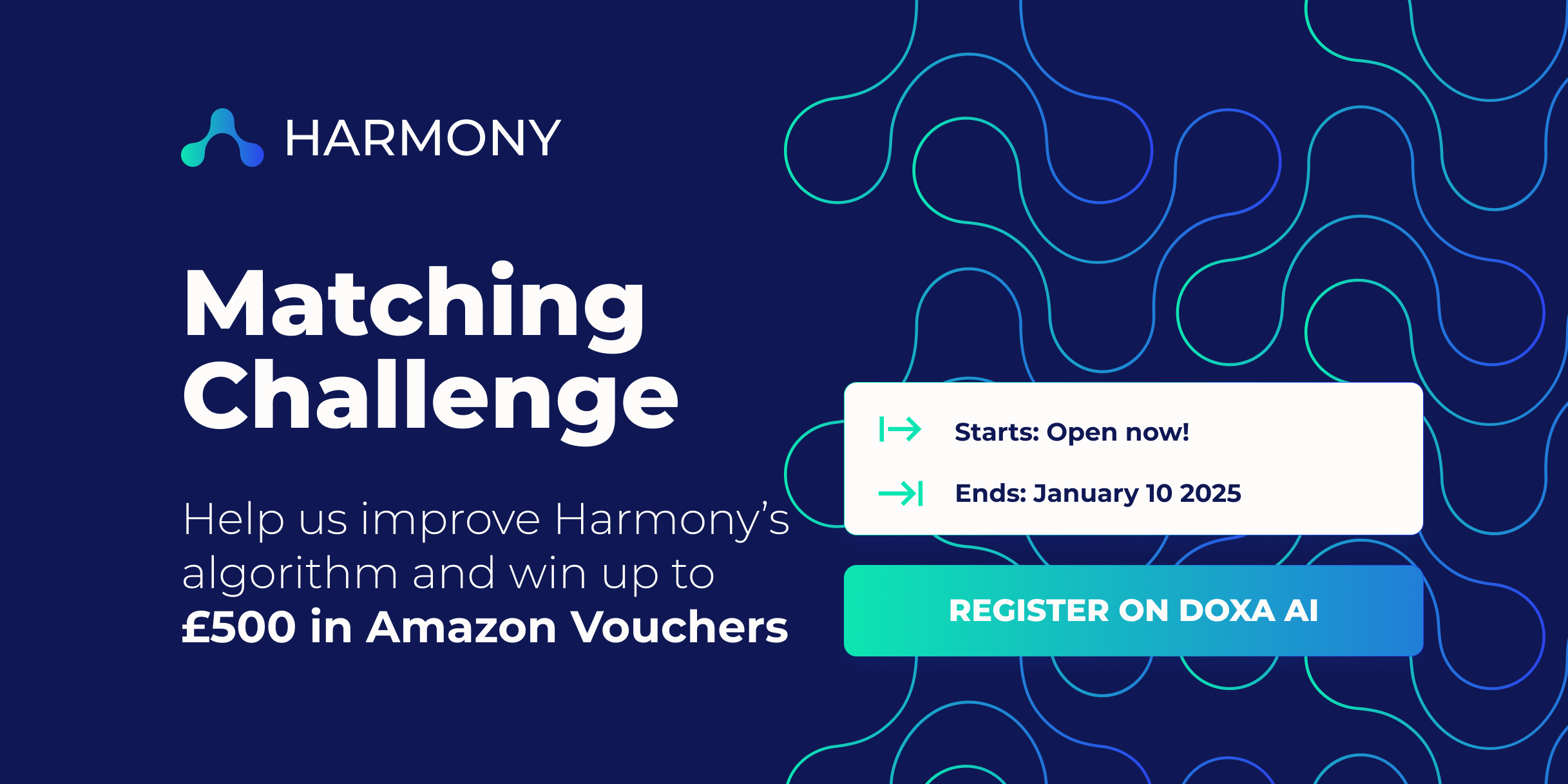
Fine tuning a large language model refers to taking a model that has already been developed, and training it on more data. It’s a way of leveraging the work that has already gone into developing the original model. Fine tuning is often used to adapt a generalist model for a more specific domain, such as mental health, legal, or healthcare, and in this case it’s also referred to as “transfer learning”.

Artificial intelligence (AI) is no longer the future; it is the present. AI is transforming industries, automating processes, and offering valuable insights. However, integrating AI into business operations isn’t always straightforward. This is where AI consultancy steps in, providing the expertise necessary to navigate the complexities of AI adoption.

AI Companies Revolutionizing the Pharma Industry Artificial intelligence (AI) has emerged as a transformative force in the pharmaceutical industry. By accelerating drug discovery, optimizing clinical trials, and enabling precision medicine, AI is revolutionizing how treatments are developed and delivered. With the ability to analyze enormous datasets and simulate biological processes, AI-driven solutions are shortening the time from research to market while improving accuracy. In this blog, we explore the companies leading the way in AI-powered drug development, their notable projects, and how AI is reshaping the future of healthcare.

Tech Talk at the AI|DL AI Meetup (London) Artificial Intelligence and Deep Learning for Enterprise In case you missed the talk about Harmony on Tuesday at Civo Tech Junction with AI and Deep Learning for Enterprise sponsored by Daemon, you can now watch the recording of the live stream on AI|DL’s channel.
What we can do for you